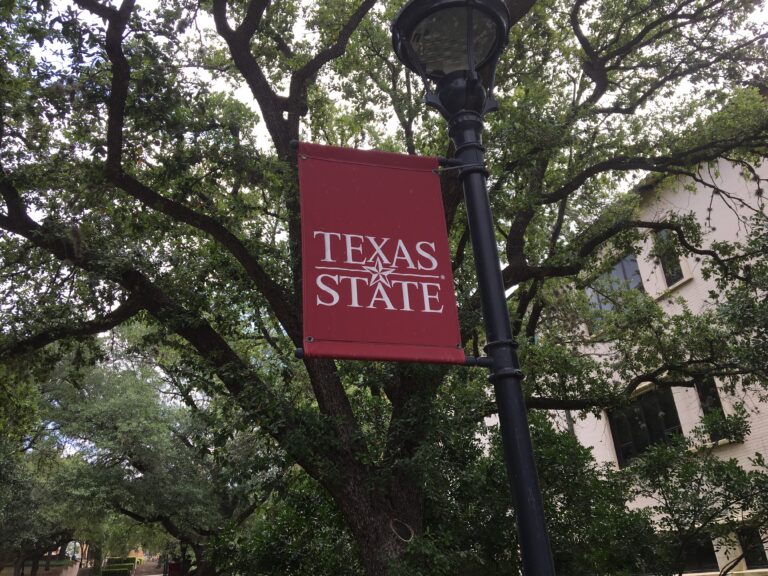

Texas State University/File Photo
Staff Reports
SAN MARCOS – Sasha Dong, assistant professor in the Ingram School of Engineering at Texas State University, has been awarded an international collaboration grant through a joint funding effort between the Japan Science and Technology Agency and the National Science Foundation to address the constantly changing risks of flooding brought about by heavy rains and typhoons.
The project, “Sequential decision analytics and its application to flood risk reduction and evacuation advisory optimization,” will be funded by the $90,000 grant. Dong will serve as principal investigator, alongside Erick Mas, associate professor in the International Research Institute of Disaster Science (IRIDS) at Tohoku University.
IRIDS is a global leader in the field of disaster response. Dong’s research at Texas State focuses on disaster management and emergency response.
In recent decades, hurricanes and typhoons have become one of the deadliest natural disasters affecting coastal areas around the world. The timing for an evacuation advisory is crucial to save lives and to reduce economic losses for the impacted area. However, the traditional approaches of disaster risk assessment are static and the real-world constraints time and logistics of evacuation behavior are often ignored.
The project uses a novel sequential decision analytics framework to tackle that multi-faceted challenge. Stochastic programming—which statistically models the random probability that is impossible to predict with precision—is paired with reinforcement learning based on spatial statistical data and flood scenarios by the research teams to identify optimal timings for evacuation advisories and to maximize the time for evacuation.
The Japan-based research team will use mobile statistical data and flooding scenarios to evaluate worse-case scenarios of population exposure and evacuation within a reinforcement learning framework of evacuation simulation. The U.S.-based research team will investigate the problem using stochastic programming to evaluate the advantages and limitations of research operational and machine learning methods.
Texas State and IRIDS have been collaborating on research since 2021 and have completed the initial data collection work upon which this project is based. Ultimately, the researchers anticipate development of an integrated sequential decision analytics framework to optimize evacuation advisories to minimize casualty risk and maximize warning times, a significant contribution to the mitigation of disaster events.
The San Marcos City Council received a presentation on the Sidewalk Maintenance and Gap Infill…
The San Marcos River Rollers have skated through obstacles after taking a two-year break during…
San Marcos Corridor News has been reporting on the incredible communities in the Hays County…
Visitors won't be able to swim in the crystal clear waters of the Jacobs Well Natural…
Looking to adopt or foster animals from the local shelter? Here are the San Marcos…
The Lone Star State leads the nation in labor-related accidents and especially workplace deaths and…
This website uses cookies.